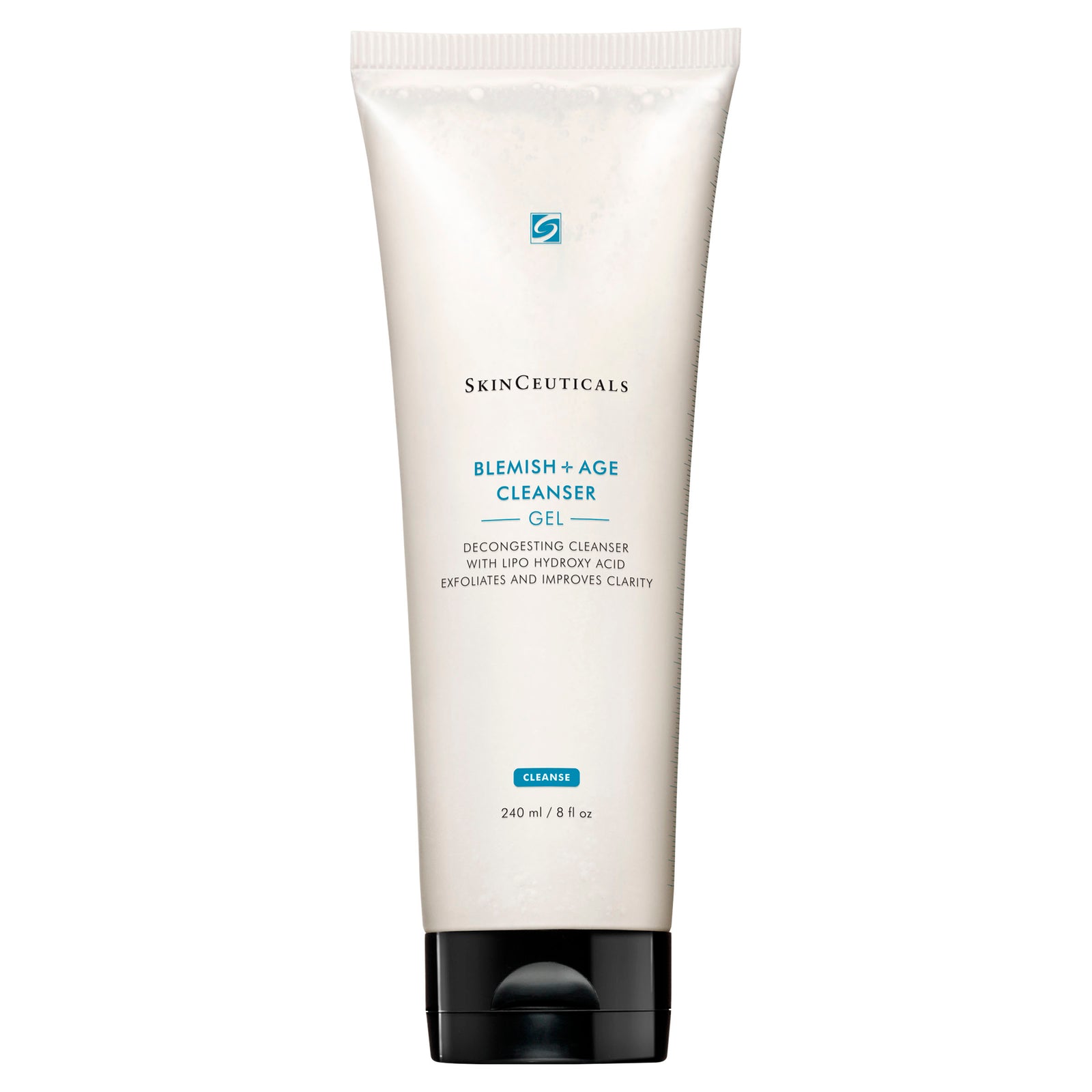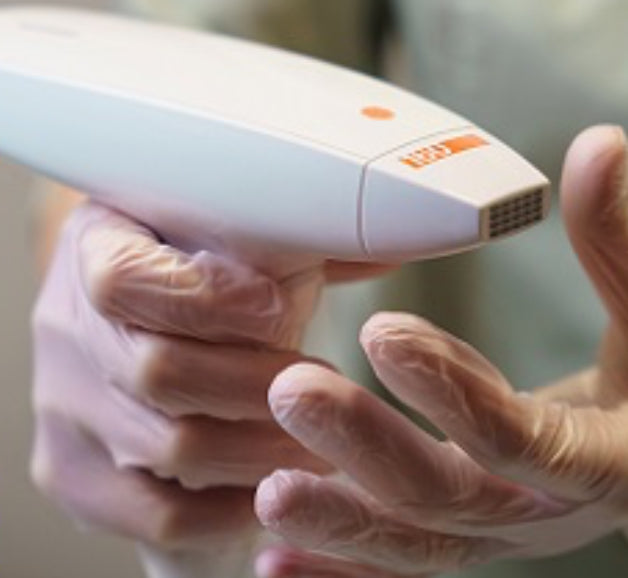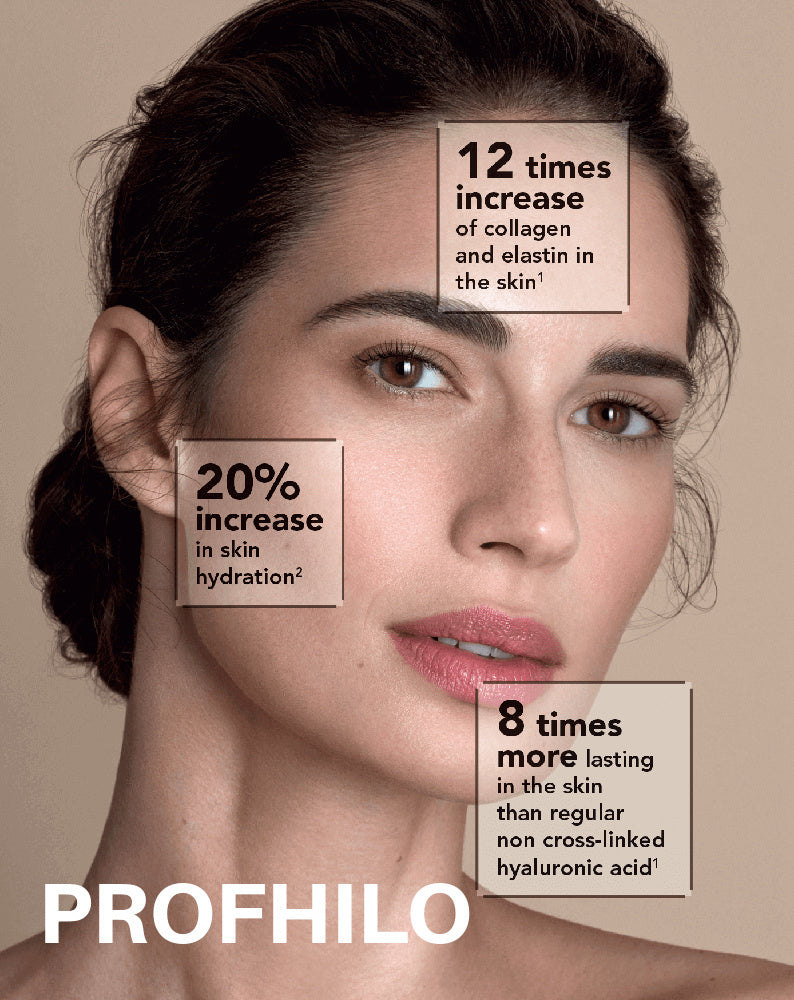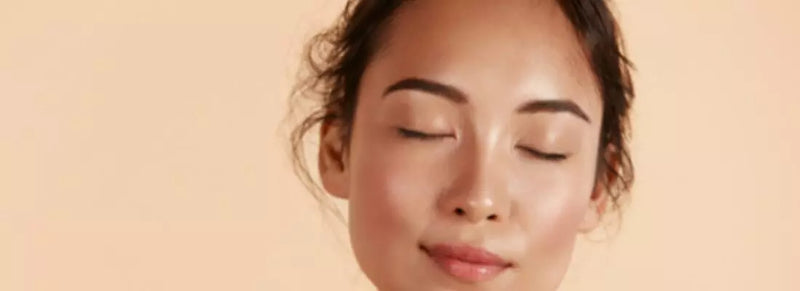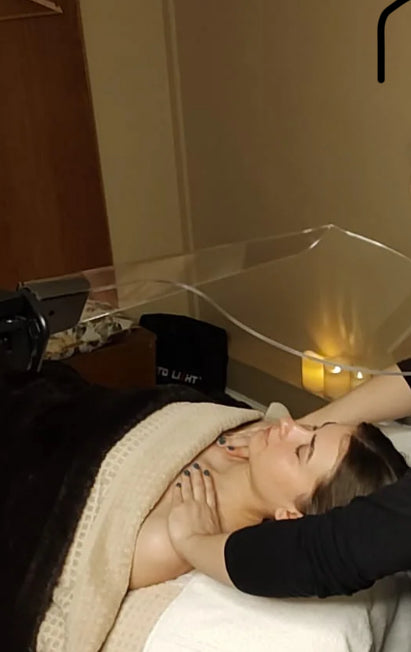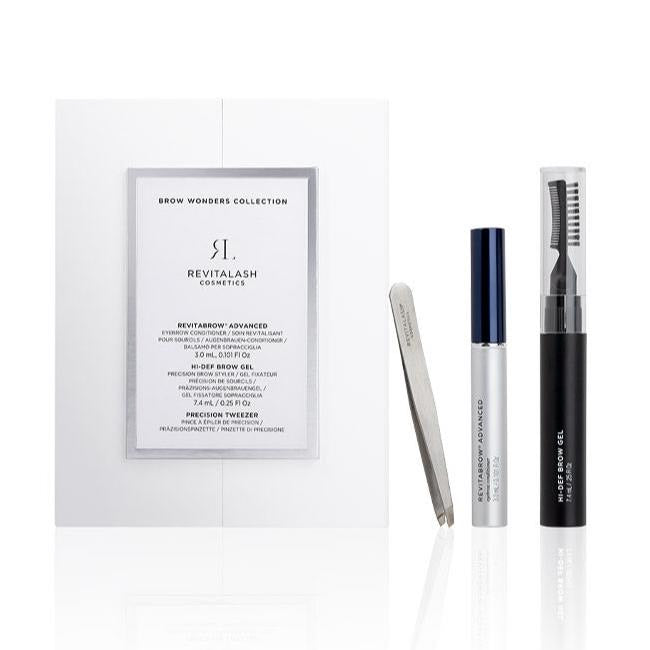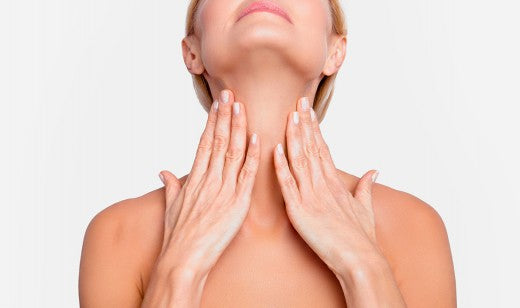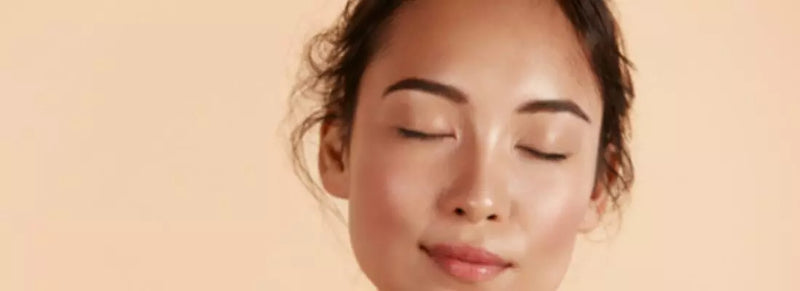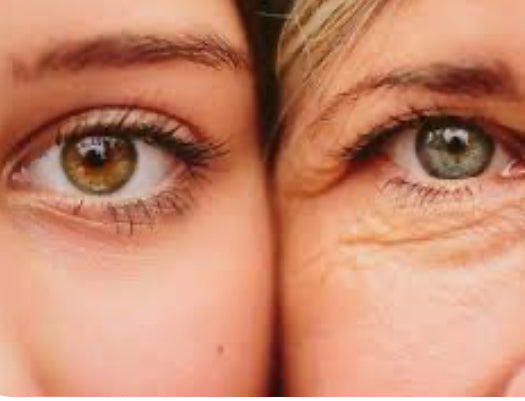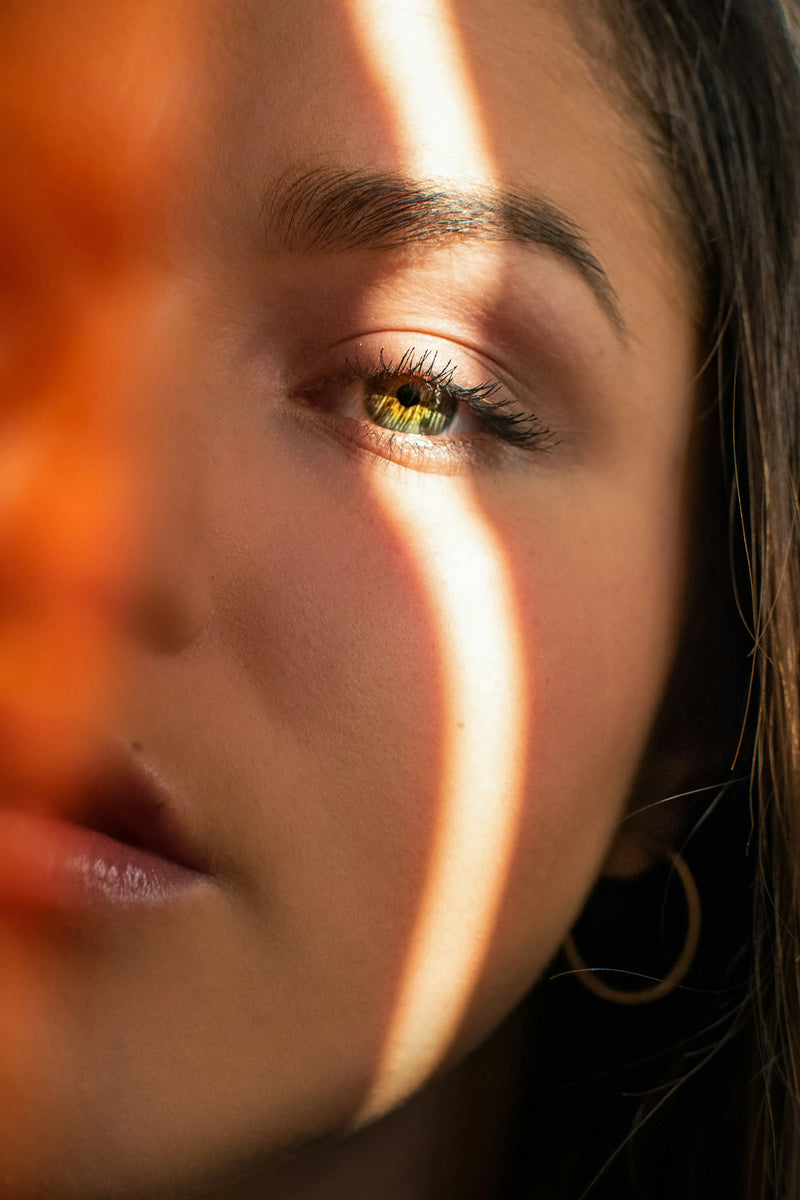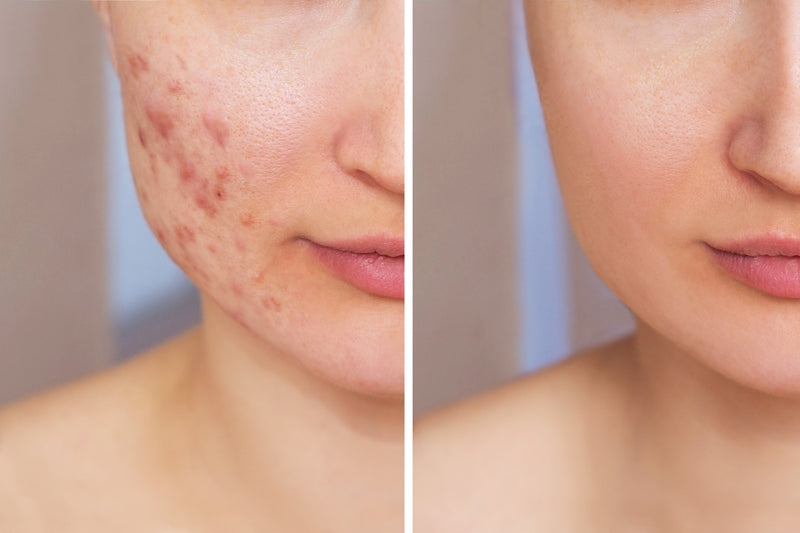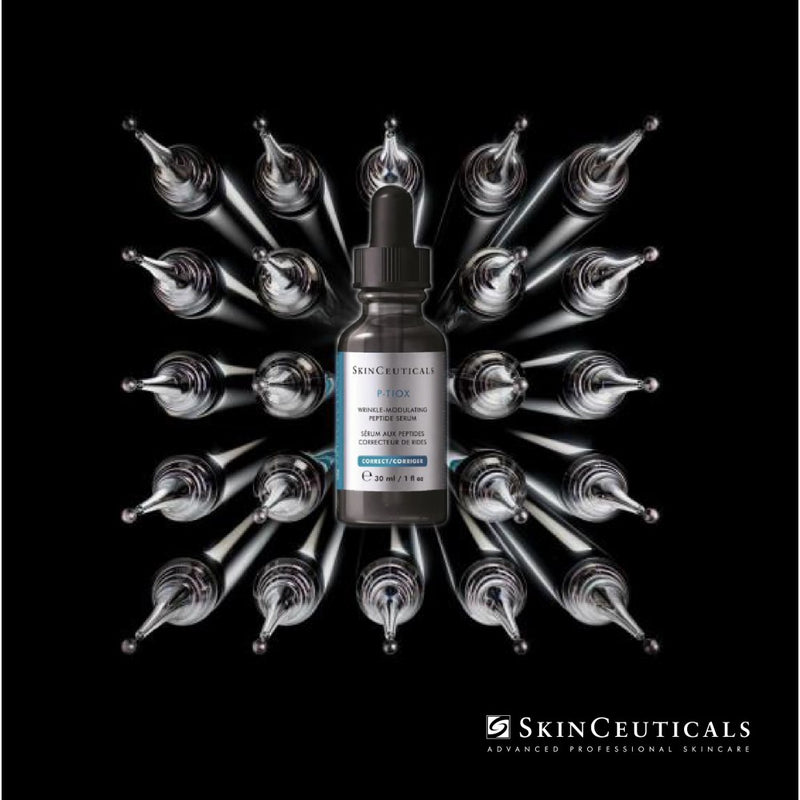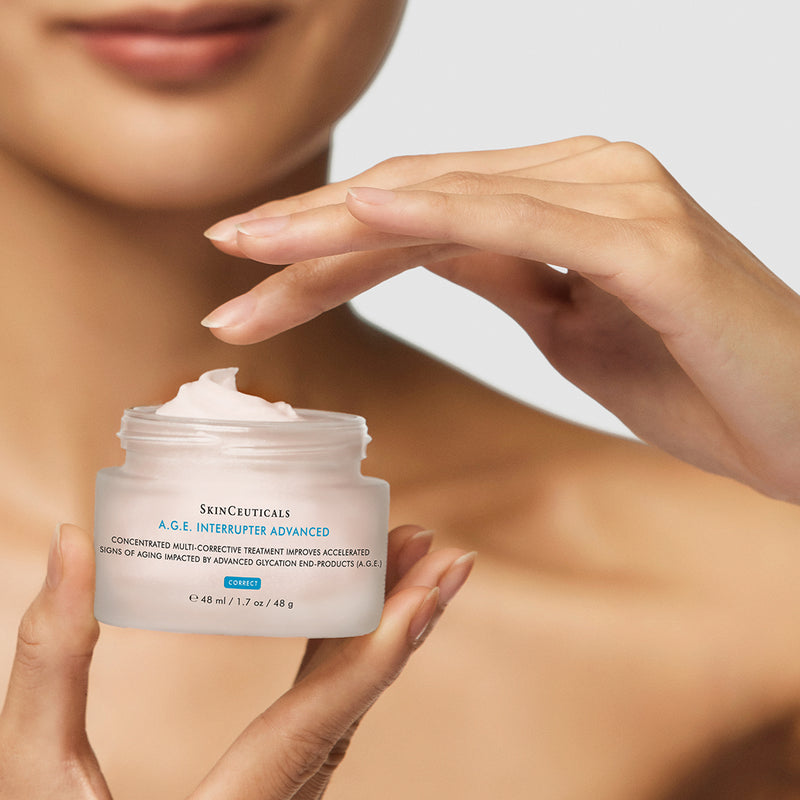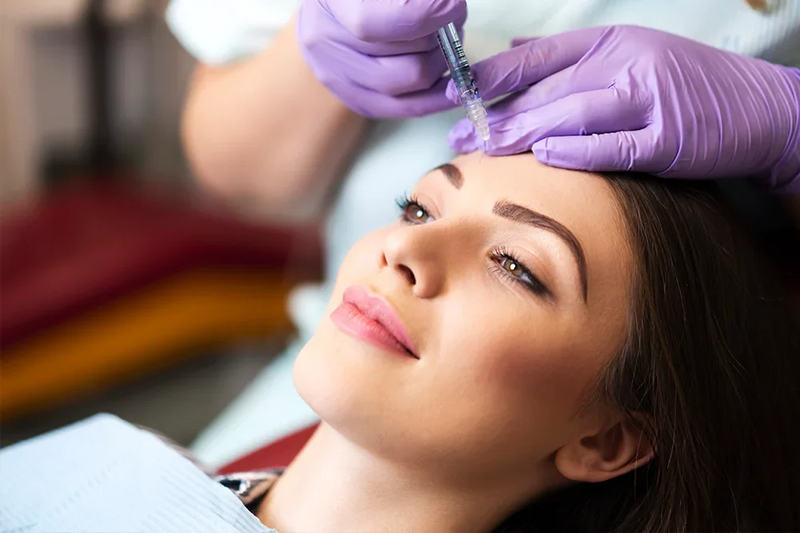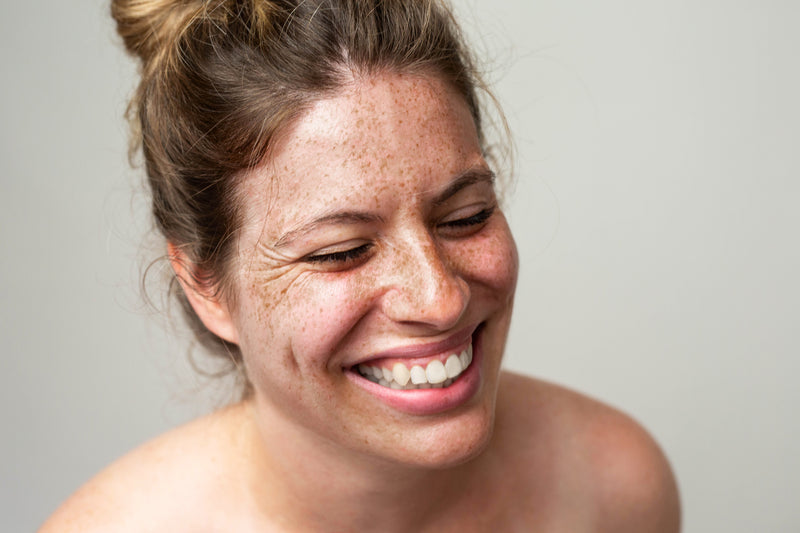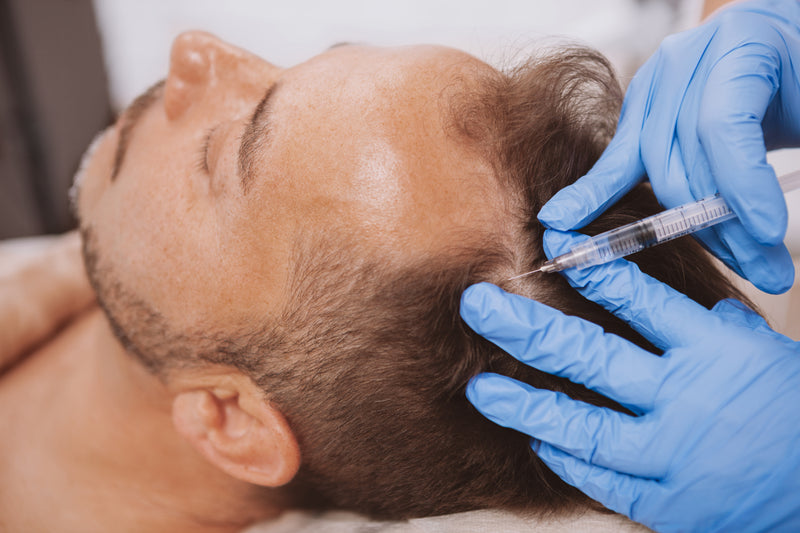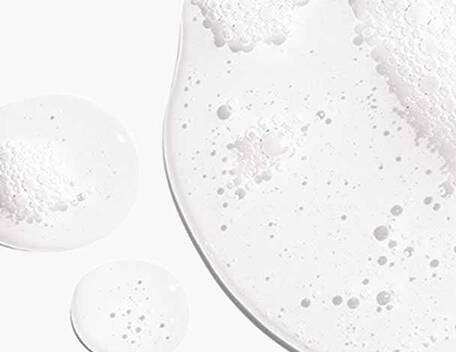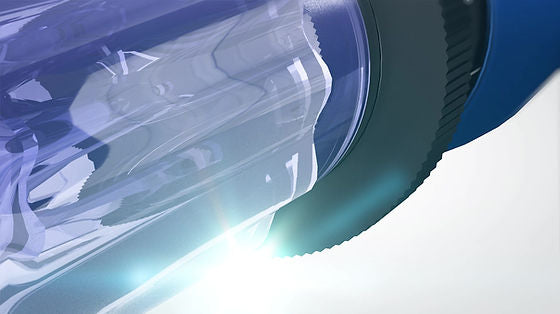Acne is a common, treatable skin condition normally associated with adolescents. In fact, 85% of teen boys and girls suffer with acne. However, acne also affects children and adults of all ages. 51% of women in their 20s, and 35% of women in their 30s suffer with acne.
Acne can be disfiguring, affects self-esteem and confidence, and can lead to significant social and emotional distress. Studies report that it can trigger depression and anxiety. However, there are many effective treatments that can help you gain control of your acne. Addressing any gut health issues is important. Cutting down or out sugar is also important as sugar feeds acne. Addressing nutritional habits and/or your functional health could help with the impact of acne. Learn more or book a session with Edelle O'Doherty-Nickels.
Acne encompasses pimples (pustules), blackheads, white heads, bumps, cysts, papules, and nodules. Typically, it appears in the T zone, the area between the forehead, nose, and chin, but can also develop on the back, neck, chest, shoulders, upper arms, and buttocks. Permanent scarring can oftentimes be a residual effect of acne.
What causes acne?
Acne begins in the hair follicles and oil glands. Each pore has a hair follicle and an oil gland. Skin cells die and are usually sloughed off, but when the pore is clogged by accumulation of dead cells stuck together with sebum (oil) it creates the perfect environment for bacteria to grow and thrive. The result is a clogged pore that may become a black head or a white head. When the clogged pore becomes infected and inflamed and it is called a papule. When the papule becomes filled with pus it is called a pustule. When the inflammation is deep in the skin it causes a cyst or nodule.
Acne is also the result of your genetics and hormones. Hormone changes during pregnancy and menopause, and stress play a role. During adolescence the sex hormones surge and stimulate production of sebum which results in oily skin that attracts skin bacteria. Other contributing factors include stress, a change in climate, some medications, occlusive cosmetics, and diet. Recent research reports that skim milk and skim milk products, carbohydrate-rich foods and refined sugars can worsen acne. Avoid sharing makeup, sleeping with makeup on, washing too frequently or scrubbing which can irritate the skin causing breakouts, and do not pop or squeeze acne.
Acne Skin-care Tips
Are you faithfully treating your acne but still seeing new breakouts? Your skin care routine could be to blame.
- Wash twice a day and after sweating. Perspiration, especially when wearing a hat or helmet, can make acne worse, so wash your skin as soon as possible after sweating.
- Use your fingertips to apply a gentle, non-abrasive cleanser. Using a soft cotton clean washcloth
- Be gentle with your skin. Use gentle products, such as those that are alcohol-free. Do not use products that irritate your skin, which may include astringents, toners and exfoliants. Dry, red skin makes acne appear worse.
- Scrubbing your skin can make acne worse. Avoid the temptation to scrub your skin.
- Rinse with lukewarm water
- Shampoo regularly. If you have oily hair, shampoo daily.
- Let your skin heal naturally. If you pick, pop, or squeeze your acne, your skin will take longer to clear and you increase the risk of getting acne scars.
- Keep your hands off your face. Touching your skin throughout the day can cause flare-ups.
- Stay out of the sun and tanning beds. Tanning damages you skin. In addition, some acne medications make the skin very sensitive to ultraviolet (UV) light, which you get from both the sun and indoor tanning devices.Using tanning beds increases your risk for melanoma, the deadliest form of skin cancer, by 75%.
Consult a dermatologist if:
- Your acne is not getting better.
- Your acne is leaving scars or darkening your skin.
Today, virtually every case of acne can be successfully treated. Dermatologists can help treat existing acne, prevent new breakouts, and reduce your chance of developing scars. If you have questions or concerns about caring for your skin, you should make an appointment to see a dermatologist.
How is acne treated?
The goal is to unclog pores with treatments that remove dead skin cells, called exfoliation; to reduce acne bacteria with antibiotics and topical treatments; and to normalize oil gland production. Early treatment is the most effective way to prevent severe acne and scarring.
First and foremost, we will teach you how to gently and effectively clean your skin to avoid irritation, prevent clogged pores, maintain hydration, and retain the skin barrier.
Treatments often include one or more medicines and treatments used together:
- Topical retinoids to normalise oil production and unblock pores
- Topical antibiotics and benzoyl peroxide to kill acne bacteria
- Topical salicylic acid and glycolic acid to exfoliate the skin
- A good sunblock made for acne prone skin to prevent hyperpigmentation from inflammation, and the sun.
- In more severe cases oral medications may be necessary. This may include antibiotics, Accutane (isotretinoin), oral contraceptives and spironolactone.
- Exfoliation with chemical peels or microdermabrasion can clear acne and reveal healthier, brighter skin.
- Acne cysts are treated with steroid injections.
- Treatments shrink the oil glands. It is very effective to treat severe acne that does not respond to medications. Treatments can control acne formation and prevent scarring.
- Intense pulsed light (IPL) treatments kill the bacteria that lead to acne.
- Not all treatments work for everyone. Trial and error will help to find what works for you.
Skinceuticals offers a Blemish and Age Skincare line.
DMK are the leaders in Acne treatments and have been for almost 40 years. We have changed many thousands of people’s lives with DMK treatments. For best results we would advise DMK in-clinic treatments supported by the use of the DMK Acu-Klear range at home.
DMK offers a powerful Acne-fighting range. You will need to create an account or login to purchase this line.
How to Treat Cystic Acne
Cystic acne is a highly intense form of acne that displays painful and pus-filled lesions that extend far beneath the skin's surface. This specific type of acne can be especially difficult to treat, but there are effective methods to help manage and prevent cystic acne breakouts. Our team of Skin Health Experts have handpicked the top five techniques for addressing cystic acne, like changing up your skin care products to add acne fighting ingredients like salicylic acid, benzoyl peroxide, and Dioic acid .
What causes Cystic Acne?
Severe acne, more specifically cystic acne, can be particularly inflammatory, causing more substantial and uncomfortable outbreaks than other types of acne. Similarly, to other types of acne, cystic acne is brought about by various factors:
- Overproduction of oil from overactive oil glands
- Excess dead skin that gets trapped in the pores
- Acne causing bacteria on the skin
Cystic acne in particular is often associated with changes in hormone levels within the body, which can trigger outbreaks during puberty, menstrual cycles, pregnancy, menopause, or other types of hormonal conditions like Polycystic Ovary Syndrome (PCOS).
Cystic or hormonal acne treatment differs from that for traditional blackheads or whiteheads. To manage cystic acne effectively, it is crucial to establish the fundamental cause of the condition before commencing any treatment. By identifying the root cause of your cystic acne outbreaks, you can take proactive measures to mitigate the chances of future breakouts. Numerous treatment options are available for cystic acne once the underlying cause has been determined. Seek a diagnosis from a dermatologist – it is important to treat cystic acne correctly to prevent scar tissue.
Cystic Acne Skin-care Tips
1) Use a Cleanser
The chances are that if you've ever tried acne treatment products, you've probably already used benzoyl peroxide. FDA approved, benzoyl peroxide products are available over the counter and may also be produced in stronger prescription strengths. To help minimise breakouts, use a cleanser with benzoyl peroxide twice daily
- Skinceuticals Blemish and Age cleanser combines cleansing agents with Glycolic Acid and Salicylic Acid. Blemish + Age Cleansing Gel helps to decongest pores, smooth irregularities and brighten the appearance of dull looking skin.
- CeraVe Acne Foaming Cream Face Cleanser - This foaming cream cleanser with 4% benzoyl peroxide is a great option if you have cystic acne on your face and around the body.
2) Apply a Spot Treatment with Salicylic Acid
Salicylic acid is an ideal ingredient for deep skin exfoliation and works wonders at diminishing the appearance of blackheads and whiteheads. Because of its ability to sweep away dead skin and clear pores, it’s a valuable treatment option for managing cystic acne. Apply a spot treatment containing salicylic acid to any areas where you experience breakouts.
- Skinceuticals Blemish and Age Defence Serum is used to target the appearance of both adult imperfections and visible signs of ageing. This acid combines 2% dioic acid with an alpha- and beta-hydroxy acid formulation of salicylic, LHA, glycolic and citric acids.
3) Use a Moisturiser with Non-Comedogenic Ingredients
Ensuring your skin is properly hydrated is crucial for any skin care routine, but it's especially important when battling cystic acne. Facial moisturisers which are oil-free, non- comedogenic, and water based are usually a good sign that the product contains ingredients that will not clog your pores. When analysing the ingredients in your moisturiser, consider opting for one that contains both ceramides and hyaluronic acid to alleviate and hydrate acne-prone skin while easing inflammation associated with breakouts.
- Skinceuticals Daily Moisture or
-
SkinCeuticals Phyto A+ Brightening Treatment 3% Azelaic Acid Moisturiser, which is a lighter, gel-based moisturiser option.
4) Take an Oral Medication as Directed by Your Dermatologist
In severe cases of cystic acne, oral medications may be necessary to help manage breakouts. If you’ve tried the traditional methods to curb your cystic acne, it could be time to talk to a dermatologist about more intensive treatments. A dermatologist can determine which medication would be best for you and your unique skin concerns, whether it be through antibiotics, hormonal medications, or isotretinoin (Accutane). If you and your doctor decide an oral medication is the best route for your treatment, it is super important to use the medication only as directed by your dermatologist. Some medications require more closely monitoring certain vitals, so be sure to confirm with your doctor before you start taking any new medication.
- In addition to these methods, there are a few additional things you can do to help prevent cystic acne breakouts:
- Avoid touching your face: this can easily transfer bacteria and oil from your hands to your skin
- Cleanse your face twice a day with a gentle cleanser: avoid those super abrasive facial peels or exfoliants so you don’t over irritate your skin
- Be sure to make a habit out of removing your makeup before bed: leaving makeup on overnight periodically can clog your pores and lead to even worse breakouts
Will Cystic Acne Go Away on its Own?
The short answer? Maybe. Cystic acne is usually a stubborn and persistent skin condition that typically requires some sort of intervention, whether that be including benzoyl peroxide products or oral medications from your doctor. If your cystic acne is more mild, there are instances of it being resolved on its own; however, if you're looking to see significant improvement, you likely will have to intervene in some way.
Without the proper resources and treatment, cystic acne can lead to scarring, further inflammation, and potentially more painful cystic acne spots. We know how difficult it can be to treat cystic acne, but rest assured, with the right intervention, treatment, and resources, there are plenty of effective ways to prevent and treat those pesky breakouts.
DMK offers a powerful Acne-fighting range. You will need to create an account or login to purchase this line.
To get phenomenal results (which we do time and time again) you need to be using the right home care.
- Embrace a healthy diet
- Drink 2-3L purified water per day
- Take 4-6 DMK EFA’s Plus daily
- Engage in destress activities, positive thinking, exercise, and meditation to balance your emotions and mindset.
- Use the DMK Home Prescriptives regime twice daily
- Apply DMK home enzyme treatments every three days
- Visit your DMK Technician for weekly professional treatments.
Here is a powerful acne-busting pampering session you can perform at home:
- Firstly cleanse with ACU-KLENZ, and apply Dermatox. Leave on for 3-5 mins then remove with warm water
- Apply ACU-THERM to the pimples and congested areas, and leave on for 3 mins ( avoid if skin is inflamed/very sensitive.)
- Blot with a tissue and apply foamy lift mixed with exoderma peel and leave on for 30 mins
- Remove in the shower with cleanser, and finish with pore reduction drops, beta gel, direct delivery vitamin c serum as a base
- Apply ACU-KLEAR on the breakouts and spray the skin with ACU-MIST
- Apply ACU-MOIST on the face, spray again
- Throughout the day always apply DMK sunscreen and dust over with Actrol powder, apply DMKC Foundation if desired.
- Overnight: Apply ACU-THERM on pimples and congested areas. Leave on for 5 minutes and then blot with a tissue, before applying Revitosin over the top, to leave on overnight. Revitosin contains a blend of Vitamin A derivatives aimed to regulate cellular turnover and encourage healthy skin.
View All Recommended Acne Products
Sources:
Moon M. How to Treat Cystic Acne - Caring for Acne Vulgaris. U.S. Dermatology Partners. Published August 28, 2020. Accessed April 7, 2023. https://www.usdermatologypartners.com/blog/caring-for-cystic-acne/
Cherney K. Polycystic Ovary Syndrome (PCOS) and Acne: Connection, Treatment, and More. Healthline. Published February 27, 2018. Accessed April 7, 2023. https://www.healthline.com/health/pcos-acne
Gainder S, Sharma B. Update on management of polycystic ovarian syndrome for dermatologists. Indian Dermatology Online Journal. 2019;10(2):97. doi:https://doi.org/10.4103/idoj.idoj_249_17
Chuan SS;Chang RJ. Polycystic ovary syndrome and acne. Skin therapy letter. 2015;15(10). Accessed April 14, 2023. https://pubmed.ncbi.nlm.nih.gov/21076799/



